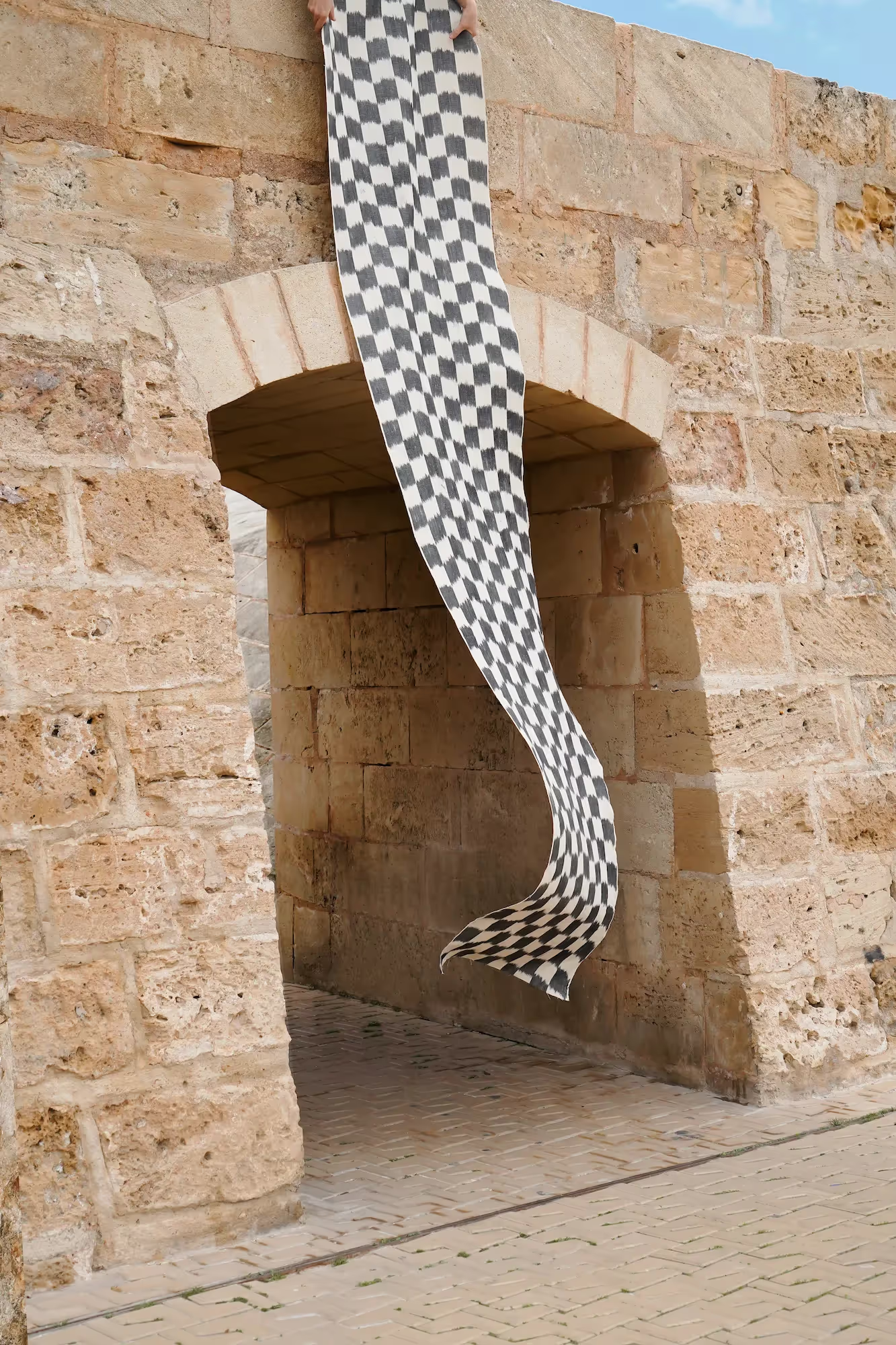At 4kilos, the beginning of the renaissance
The first thing Francesc Grimalt shows his visitors is the vineyards. In spring, the fields are dotted with almond trees, apricot trees, mustard flowers, and broad beans, and upon closer inspection, one can discern the vines hidden amidst these wild herbs. The oenologist has been working in biodynamics since the beginning. "In winter," he explains,"we keep the soil planted, which retains water and allows us to with stand the summer heat." Here, the land, primarily limestone, is poor, forcing the vines to root deeply to find the nutrients they need. This resilience, Francesc explains, gives the grapes more tannins.
By the end of the 1980s, indigenous grape varieties had nearly disappeared, replaced by French varieties. After studying oenology, Francesc worked for Anima Negra, the first bodega, established in 1994, to produce quality wines, diverging from the rustic wines that the island was producing at the time. "In 1996," Francesc recalls, "to make my first callet (an indigenous grape variety), I selected the vines that grew near the trees. In Mallorca, trees traditionally grow with the vines. They create a microclimate and shade the grapes." In 2006, Francesc Grimalt and SergioCaballero (a musician and founder of the Sonar festival) launched 4kilos, a bodega whose name refers to the 4 million pesetas it took to start. True to their desires, they create wines where the terroir is expressed in all its typicality. The first labels were designed by contemporary artist Miquel Barcelo, who is from Felanitx. Visits are by appointment only, but 4kilos wines are readily available at wineshops and restaurants on the island.
Ribas, quality in continuity
To understand the vine's deep roots on the island, one must visit the Ribas estate in Consell, the oldest in Spain, owned by the same family since 1711. Until the 1980s, wine was not bottled; it was sold in demijohns, a charming collection of which adorns the antic patio.
In 1984, the Ribas family enlisted the services of an oenologist to bottle their wine and embarked on extensive research into local varieties and soil quality. An investment that paid off as Ribas joined Los Grandes Pagos de España in 2019, an association of viticulturists recognized as the best in Spain. That same year, Pritzker Prize winning architect, Rafael Moneo, built an ultra-modern cellar, allowing the old bodega to be dedicated to welcoming visitors.
Ribas produces 65% red wine, mainly from the mantonegro grape, considered the best on the island by connoisseurs.
















